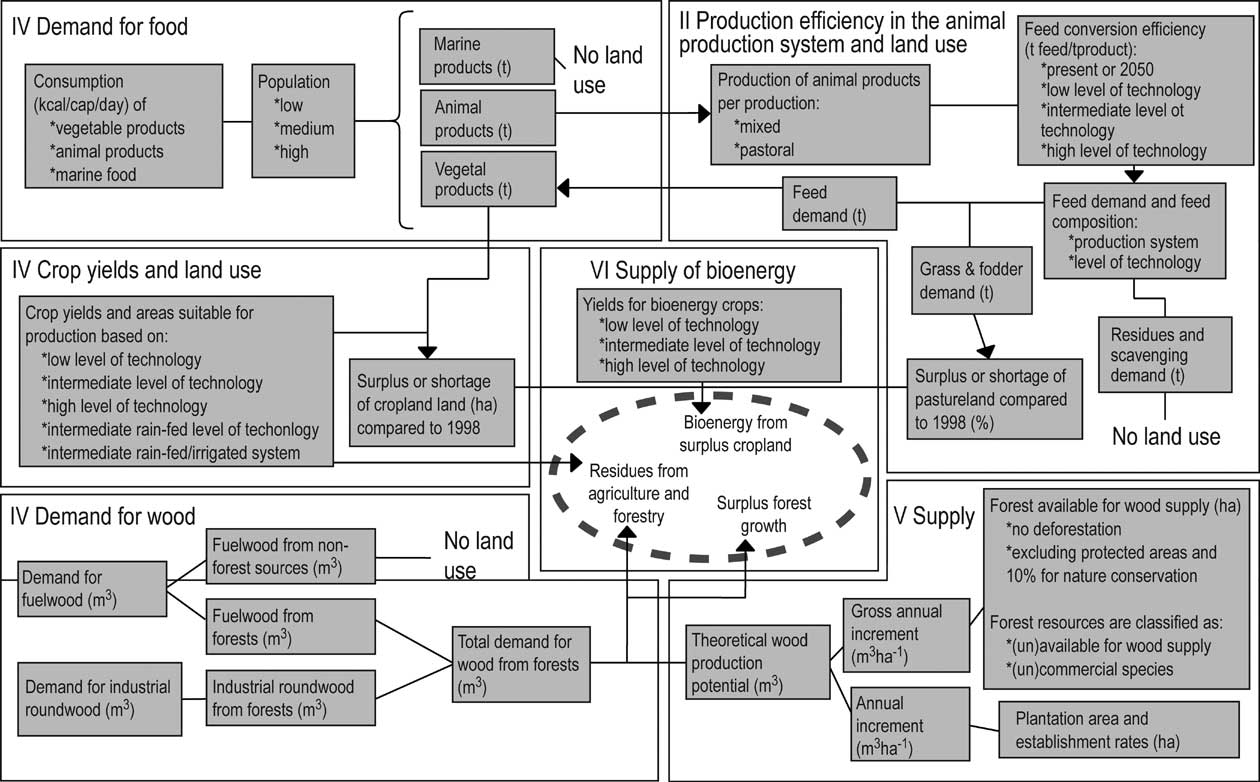
Figure 4-2. The key elements of the assessment for crop-specific bioenergy needs. Source: Adopted from FAO, 2006a.
| Previous | Return to table of contents | Search Reports | Next |
| « Back to weltagrarbericht.de | ||
88 | Sub-Saharan Africa (SSA) Report

Figure 4-2. The key elements of the assessment for crop-specific bioenergy needs. Source: Adopted from FAO, 2006a.
Future trends in organizational arrangements and support. Current baseline trends show that for energy to be produced sustainably in agriculture the following options may be considered:
The current weaknesses in institutional links and responsibilities between the various sectors involved in agricultural |
agricultural policy and technology both as energy consumers and producer will have to be overcome through local, national and regional frameworks. These frameworks will also need coordinated planning at local, regional and national levels by up-scaling local needs and enhancing broad-based participation. Implications of policies on land tenure for biomass conversion to energy, which include property rights of both land and produce—such as biomass from forests—is generally weak in sub-Saharan Africa and their consideration will be key to sustainable bioenergy production and use in agriculture. Future initiatives expected to broaden technologically sound agrobioenergy development in sub-Saharan Africa and contribute to the provision of equitable access to sustainable energy from agriculture and for agriculture will have to as a prerequisite:
|
| Previous | Return to table of contents | Search Reports | Next |
| « Back to weltagrarbericht.de | ||